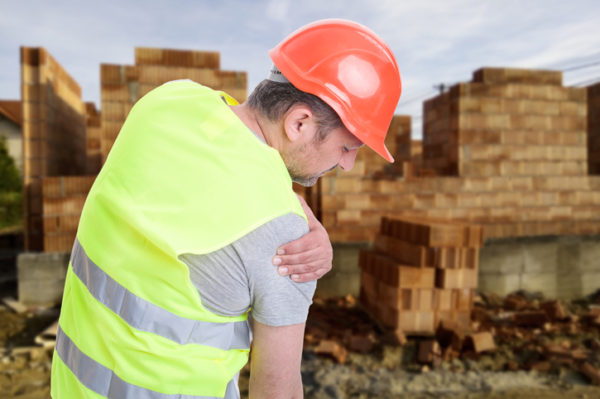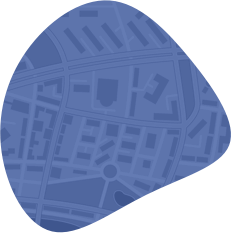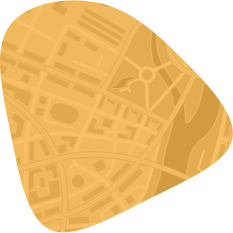
What is a rotator cuff tear?
A rotator cuff tear is an injury to the muscles and tendons that stabilize your shoulder and allow you to lift and rotate your arm. The shoulder has the largest range of motion of any joint in the body: these muscles need to allow the arm to rotate up and down, inward and outward, and away from the side of the body.
Broadly speaking, there are two types of rotator cuff tears:
- Partial tear: fraying or damage to one of the four muscles that form the rotator cuff
- Complete tear: a tear that goes all the way through the tendon, or detaches the tendon completely from the bone.
Rotator cuff tears can happen gradually when you repeat the same arm motion over and over again, or suddenly when you fall on your arm or lift a heavy object. If you have a rotator cuff tear, you may notice pain when you move your arm, hear clicking or popping, be unable to lift things, or have trouble raising your arm.
Who is at risk of rotator cuff tears?
Rotator cuff tears are most commonly associated with sports, especially baseball, but workers in certain professions are also at elevated risk. Some jobs with a high risk of rotator cuff tears include:
- Construction work: construction machinery puts a heavy strain on the muscles and tendons that make up the rotator cuff.
- Painting and decorating: painting often involves a great deal of reaching over the head, and over time, this can damage the rotator cuff.
- Manufacturing and logistics: any job that involves lifting heavy objects can put a strain on the shoulder and cause rotator cuff injury.
More broadly, any worker who routinely needs to lift heavy objects overhead is at elevated risk of rotator cuff injury. Slip and falls on the shoulder can happen in any workplace, as can motor vehicle accidents and other types of incidents that can damage the rotator cuff. Older workers, too, are more vulnerable, particularly those over 60.
Rotator cuff injuries require prompt treatment
As with any shoulder injury, it's important to see a doctor at the first sign of a rotator cuff tear; otherwise, the injury can easily be aggravated, leading to complications such as arthritis or a frozen arm. If we suspect a rotator cuff tear, we will conduct an exam that includes checking your range of motion and muscle strength in the shoulder. We may also conduct diagnostic tests, such as an ultrasound to look at the soft tissues in your shoulder, an X-ray to see if the top of your arm bone is pushing into your shoulder, or an MRI to take a detailed picture of the entire shoulder.
Depending on the extent of the injury, treatment can range from rest and rehabilitation to surgery. Partial tears may only require rest to allow the rotator cuff to heal on its own and physical therapy to restore the range of motion. If you have a complete tear, though, surgery will most likely be needed to repair the tendons. Rotator cuff tears can be quite painful, and depending on the severity, you may get anti-inflammatory drugs like Tylenol or steroid injections to provide temporary relief.
Get immediate medical attention after a shoulder injury on the job
The sooner you get medical attention after a rotator cuff tear, the better the prognosis. That's why it's so important to pay attention to your body and seek medical attention promptly. If you hurt your shoulder at work, tell your employer, then see a doctor. It's the best option for your health.
At Island Musculoskeletal Care (IMC Bone Doc), we're certified to provide treatment to patients who suffer rotator cuff tears and other work-related shoulder injuries covered by workers’ compensation in New York.
Our board-certified doctors and staff members have years of experience helping people who have been injured on the job. In fact, our doctors have over 100 years of combined medical experience.
See what we can do for you and contact us today to schedule an appointment. Our offices are located throughout New York City and Long Island, including The Bronx, Brooklyn, Deer Park, Patchogue, Queens, Shirley, and Valley Stream.






















